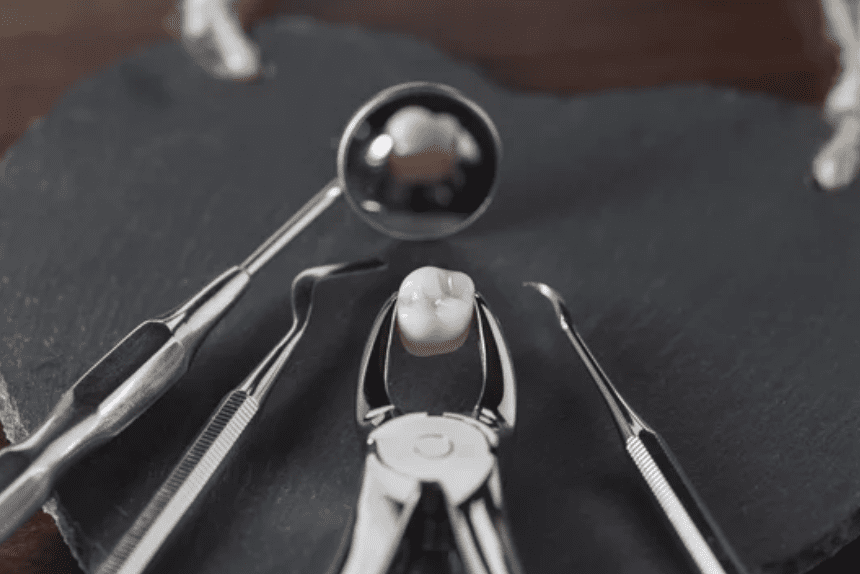If you go to the dentist in your late teens or early 20s, your dentist may discuss the option of removing your wisdom teeth. Wisdom teeth extraction is a routine surgery, but it is invasive. You may think: Is this really necessary? Can I keep my wisdom teeth? The answer is: probably not. In fact, there are many people that need their wisdom teeth taken out. Statistically, you are more likely to have issues with one of your wisdom teeth coming in incorrectly or not at all. So if your dentist recommends getting your wisdom teeth extracted, it is for a good reason.
Not every person must have their wisdom teeth extracted. There are some situations where a patient’s third molars are entirely healthy. Healthy wisdom teeth erupt through the gums completely, do not alter the bite pattern, and must be able to be adequately cleaned. Most likely, your jaw doesn’t have enough room to accommodate the third set of molars. Ultimately, this will create a string of issues that can be costly to fix.

When Do I Need Wisdom Teeth Removed?
Since most people’s jaws do not have enough room for wisdom teeth, it affects how the molars grow. For example, the molars can develop at odd angles, creating problems for your other teeth. In addition, wisdom teeth without proper room can erupt sideways or diagonally. Not only can this cause severe problems with your bite, but it is also possible to develop an infection.
Dentists will refer to this as an impacted tooth when a tooth cannot erupt through the jaw. As a result, the wisdom teeth will remain “trapped” within your jaw, which can lead to an infection. Additionally, you can develop a cyst around an impacted tooth, causing more issues. A cyst is a fluid-filled sac that can continue to grow. Cysts can cause damage to the tooth root, nerves, or supporting bone structure.
Another issue with wisdom teeth that don’t correctly erupt is hygiene. If a tooth does not fully push through the gum line, it is nearly impossible to clean it. Daily brushing and flossing will not suffice. Like any other tooth, you can develop tooth decay or gum disease without adequate cleaning. This can be particularly tricky if part of the tooth resides in the gums.
What Happens If They Aren’t Removed?
On top of impacted teeth, wisdom teeth can create significant issues that a dentist needs to address. Firstly, you can experience severe pain from wisdom teeth. Overcrowding and infection usually cause discomfort for most patients. If you opt not to have a dentist remove your molars, you can have repeated infections in your gums.
Secondly, wisdom teeth can drastically alter your bite pattern. Again, this can be an issue both aesthetically and functionally. Your teeth naturally sit where they can bite into their opposing teeth. When wisdom teeth move in, they can disrupt your bite, causing difficulties using your teeth. This means that you can potentially not chew your food properly because your teeth have shifted so much.
